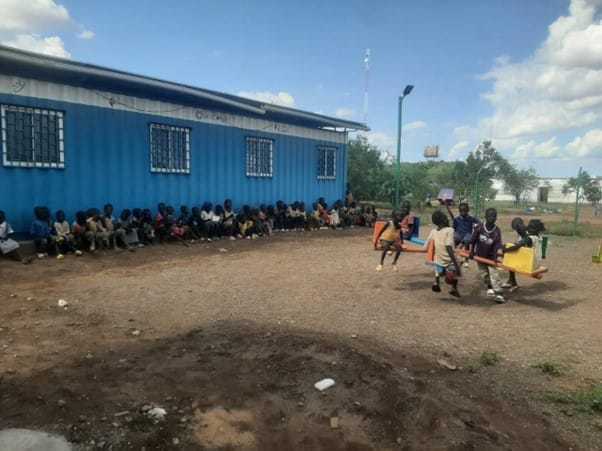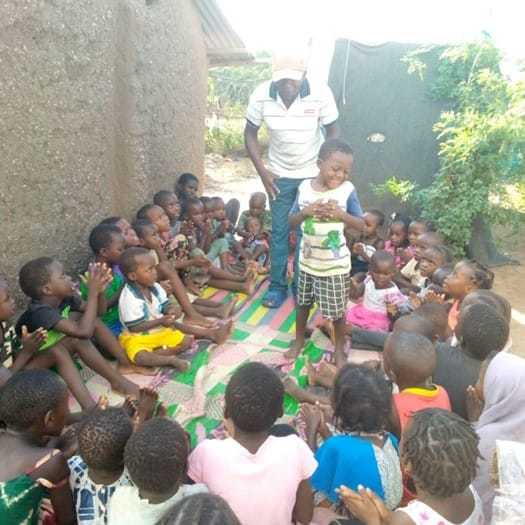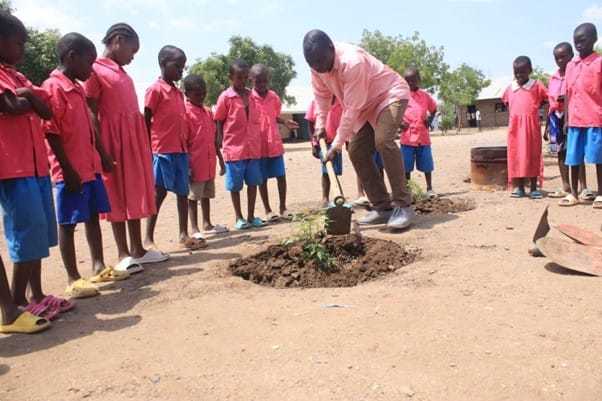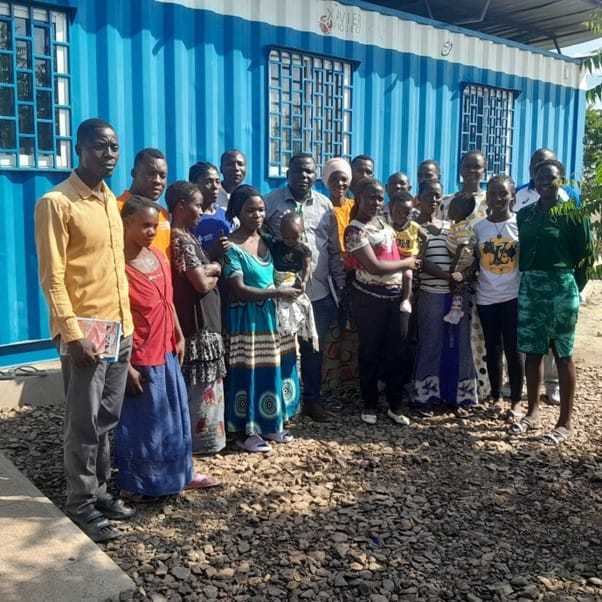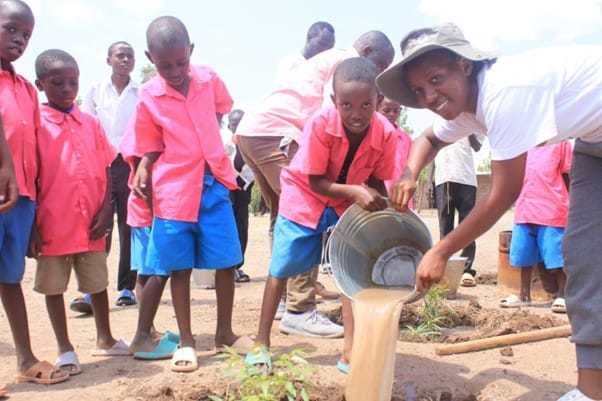General Report
From
January to June, our project expanded significantly by partnering with six
schools, involving 90 children in environmental and educational activities that
fostered social-emotional development. Tree planting at Lokitaung and Al-nuur
schools, improved academic performance, and increased parental involvement have
marked our success. Collaborations with LOKADO and FAULU enhanced our
environmental and social initiatives, while SEL training reduced conflicts and
promoted peacebuilding. Community-based activities, such as after-school
remedial classes and parenting income-generating projects through VSLAs,
further supported 540 children and their families. Despite challenges like
adverse weather and community skirmishes, we adapted to ensure safety and
continued engagement. Achievements include improved behavior, increased school
visits, and academic progress. For sustainability, we are empowering parenting
groups with business development training and startup capital to ensure
long-term impact and financial independence. Our efforts have fostered a strong
foundation of collaboration among parents, teachers, and community leaders.
Our recent
project highlights include expanding our reach by collaborating with six
schools—Fuji, Hope, Al-nuur, Shabelle, Lokitung, and Elliyes Primary School. We
engaged 540 children in environmental and educational activities, fostering
their social-emotional development. Significant milestones include planting 59
trees at Lokitaung and Al-nuur schools and involving parents and school patrons
in environmental awareness sessions. We reached 51 parents and 20 community
leaders through Social Emotional Learning (SEL) training, which has reduced
conflicts and promoted peacebuilding. Our after-school and community-based
activities supported 450 children with educational content and remedial
classes. Despite challenges such as adverse weather and community conflicts,
our project has shown remarkable progress in improving academic performance,
enhancing behavior, and fostering strong collaboration among parents, teachers,
and community leaders. This collective effort has significantly impacted the
children's learning experiences and the broader community's well-being.
Our
project has revealed several key lessons and best practices. One critical
lesson is the importance of strong partnerships with schools, parents, and
community leaders. Collaboration with six primary schools and the active
involvement of parents and community leaders have been vital in achieving our
goals, indicating that multi-stakeholder engagement is crucial for success.
Best
practices emerging from our activities include integrating environmental
education with social-emotional learning. Activities such as tree planting and
environmental awareness sessions not only enhance children's knowledge but also
promote responsibility and community involvement. Additionally, involving
parents through SEL training has proven effective in reducing conflicts and
fostering peacebuilding, demonstrating the value of holistic education
approaches that encompass both academic and emotional development.
Regular
communication and feedback mechanisms have also been instrumental. Monthly
meetings with parents, teachers, and community leaders provided valuable
insights and enabled us to adapt our strategies to meet the community's needs
better. Moreover, supporting parents in starting income-generating activities
through Village Savings and Loan Associations (VSLAs) has promoted financial
independence and sustainability.
Despite
challenges such as adverse weather and community conflicts, our flexible
approach allowed us to continue operations and maintain engagement. These
lessons and best practices underscore the importance of adaptability, community
involvement, and a comprehensive approach to education and development.
